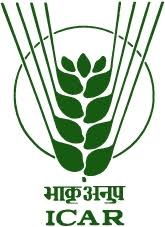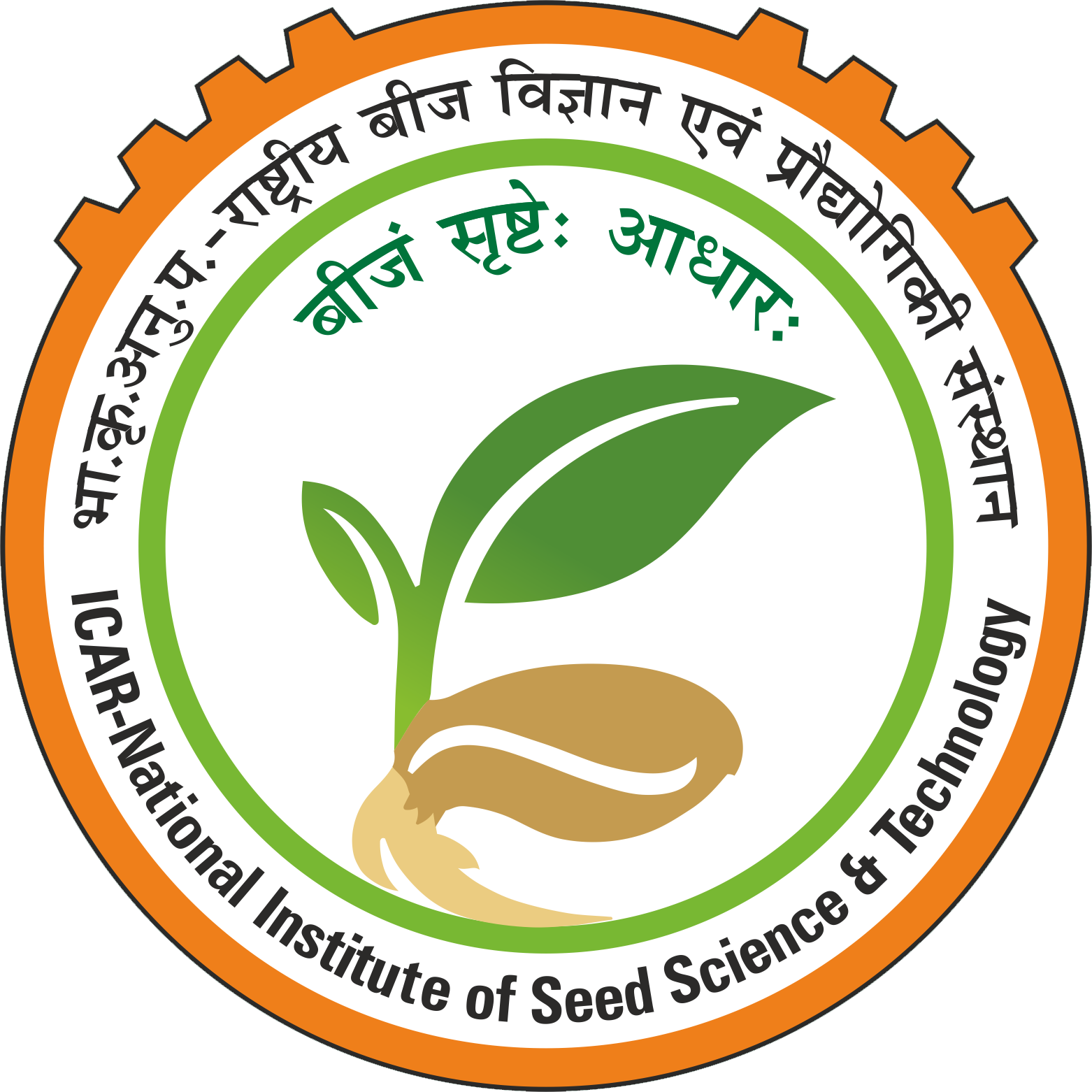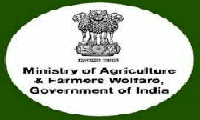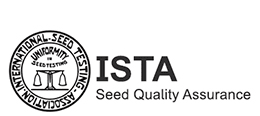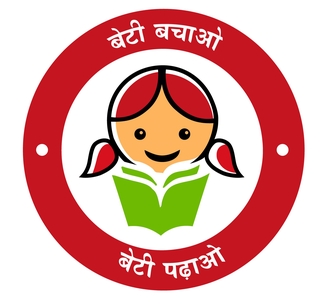Brief History Of AICRP on Seed (Crops)
|
Brief History of AICRP on Seed (Crops) Quality seed provides a foundation for productive agriculture, be it crop husbandry, horticulture or fisheries. It constitutes the very basic and cheapest input and plays a seminal role to enhance agricultural productivity and production as well, which has been revalidated recurrently over years across locations globally. Without good seed, the investment on fertilizer, water, pesticides and other inputs does not yield desired dividends; rather other inputs remain contingent upon quality seed for being optimally effective. Simply by using quality seed alone, 15-20% yield increment has been observed in different crops and under optimum management with recommended input the productivity may increase upto 40-45%. In essence since, it is a biological industry, productive agriculture depends upon the good seed and vice-versa. One cannot exist or advance without the other. The pace of progress in food production is largely depend upon the progress of the seed programme with which a country is able to multiply and market good quality seed of high yielding varieties with superior genetics. It is therefore essential to make quality seed available to the farmers at the right place, in right time at a cheaper rate. To operate a quality seed programme, it is essential to produce a sufficient quantity of breeder seed. Similarly, to organize well orchestrated successful seed production programmes, research back up on various aspects of seed production technology, quality maintenance and its fine tuning, storage, seed health care and seed processing etc. are vital and found to be indispensable. Conscious of the fact that for the successful spread of varietal technology, seed is seminal, the country has been according to due priority right from the beginning to quality seed production and supply. The development of high yielding dwarf varieties of wheat and rice; hybrids in maize, bajra and sorghum in the early sixties was the landmark beginning for the development of the seed programme in the country leading to the establishment of giant seed corporations like National Seed Corporation in 1963 followed by the formation of State Seeds Corporations, development of Seed Certification Agencies and implementation of Seed Act, Seed Standards etc. As per policy, the Indian Council of Agricultural Research (ICAR) along with its partner - State Agricultural Universities (SAUs) have shouldered the responsibility of producing the breeder seed, which forms the backbone of the quality seed programme to facilitate the seed sector for productive agriculture in the country. The ICAR has taken up various steps from time to time to augment the breeder seed production along with seed technology research/crop improvement programmes. The World Bank assisted considerably in this endeavour for strengthening the Indian seed programme by launching NSP I in 1977-78 with the financial assistance of US$ 52.7 million and subsequently NSP II in the following year with the financial assistance of US $ 34.9 million. The ICAR along with its partner i.e.SAUs shouldered the responsibility of producing the breeder seed through the launch of All India Coordinated Research Project on seed called ‘National Seed Project (Crops)’ in 1979-80 with two components viz. Breeder Seed Production (BSP) and Seed Technology Research (STR) with 14 centres on Seed Technology Research with an equal number of Breeder Seed Production centres. Another related Coordinated Project called ‘Seed Borne Diseases’ with eight centres was also launched in 1980, which was latter on merged with NSP in June 1991 for better resource utilization and also to avoid the overlapping of the programmes. The seed programme of the country was further strengthened with NSP III through World Bank assistance in 1989-90, which not only supported the ICAR and SAUs but also the Department of Agriculture Corporation and Farmers Welfare (DAC&FW), Seeds Corporations, Seed Certification Agencies and Private Seed Industry to a great extent in production, processing and in providing quality seeds to the farmers. Similarly, in a bid to foster a seed multiplication chain and for strengthening seed production infrastructure facilities in the country, ICAR launched the ICAR Seed Project-‘Seed Production in Agricultural Crops’ during 2005-06. During 2021-22, as per the recommendations of the ‘Review Committee on AICRPs/AINPs of ICAR’, the two flagship seed programmes of ICAR were merged into a single entity and reorganized as AICRP on Seed (Crops) with two components viz. Quality Seed Production (QSP) and Seed Technology Research (STR). The AICRP on Seed (Crops) is mandated to produce breeder seed as per national requirement, to augment quality seed production among agricultural crops and to develop region specific seed technologies as per the contemporary needs of seed industry under five broad theme areas of seed science viz. seed production and certification; seed physiology, storage and testing; seed pathology, seed entomology and seed processing. Presently, Quality Seed Production and Seed Technology Research components were operational at 65 centres and 24 centres, respectively under AICRP on Seed (Crops) at various SAUs and ICAR institutes across the country. |
 Screen Reader Access
Screen Reader Access